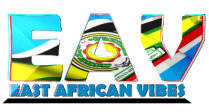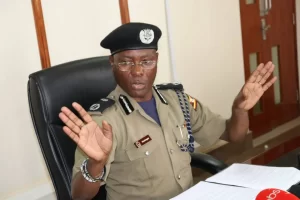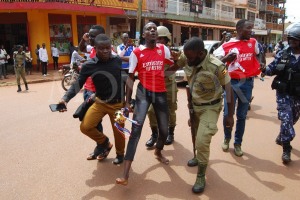Ivory Coast is set to host the largest African sports event for the second time, following Cameroon’s victory in 1984. In that edition, Nigeria secured second place, while Algeria finished third. The 1984 tournament featured eight countries and spanned 15 days. Fast forward 40 years, and the number of participants has tripled to 24.
Unfortunately, Ivory Coast faced disappointment in their initial hosting attempt, securing a victory over Togo but suffering losses to Egypt and Cameroon, leading to elimination after the group stage. The 2024 tournament, spanning 30 days, will consist of 52 matches—36 across six groups and 16 in the knockout phase.
Abidjan, the commercial capital, will host 20 matches in two stadiums, Bouake nine, San Pedro and Yamoussoukro eight each, and Korhogo seven. The new 60,000-seat Alhassane Ouattara stadium in Abidjan will host the opening match between Ivory Coast and Guinea-Bissau, as well as the February 11 final, among 10 fixtures.
Stadiums with 20,000 capacities in Korhogo, San Pedro, and the capital, Yamoussoukro, were built for the Cup of Nations. The 40,000-seat ground in Bouake and the 30,000-capacity Felix Houphouet-Boigny stadium in Abidjan were renovated for the biennial tournament.
In case of teams finishing level on points in a mini-league, tie-breakers include head-to-head records, goal difference, and goals scored in all group matches. If teams remain inseparable, final placings will be determined by drawing lots—last seen in 2015 when Guinea advanced at the expense of Mali.
The use of VAR is implemented in all 52 matches, with 12 officials monitoring games. Additionally, there will be 26 referees and 30 assistant referees at the tournament. In the knockout phase, drawn matches will proceed to extra time and a penalty shootout if necessary to determine winners. Matches decided by penalties will be officially classified as draws.
The round of 16 in the first knockout stage will comprise six group winners, six group runners-up, and the four highest-ranked third-placed teams. Tie-breakers for the best four third-placed teams include match points, goal difference, goals scored in all group matches, and drawing of lots.
Qualifiers were allowed squads of up to 27 players, but only 23—11 starters and 12 substitutes—can be selected for matches.A record seven million dollars (6.4 mn euros) goes to the winners — a 40 percent increase from the last tournament won by Senegal in 2022. The runners-up pocket four million dollars.
![]()




